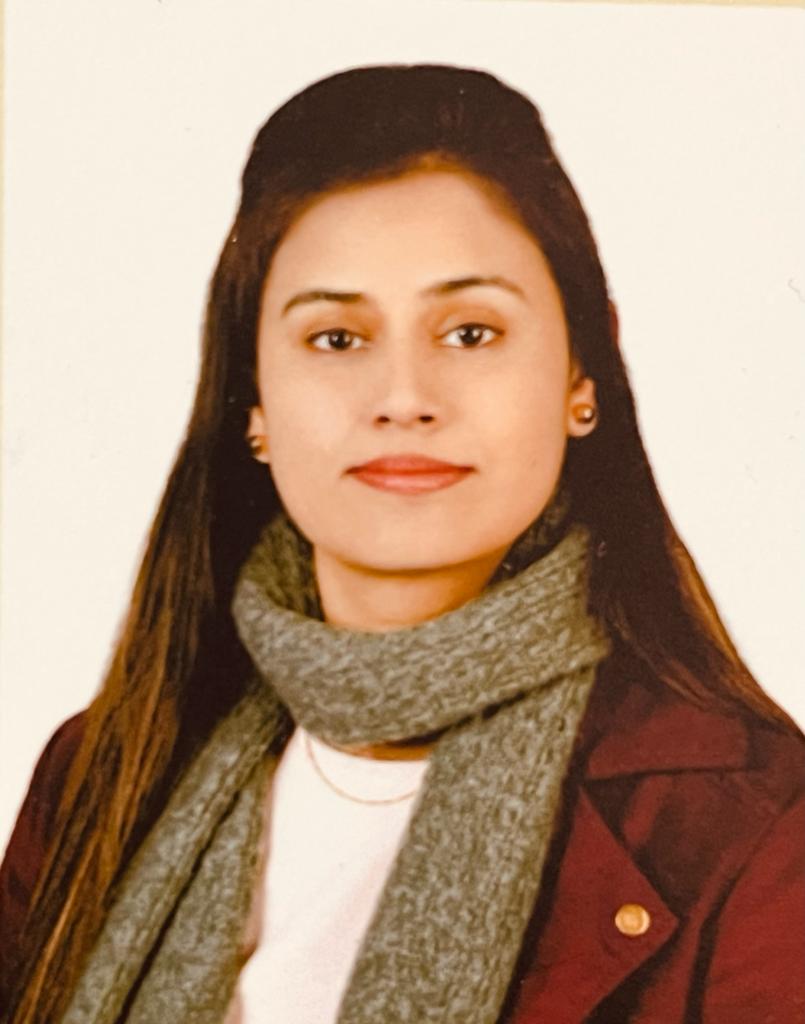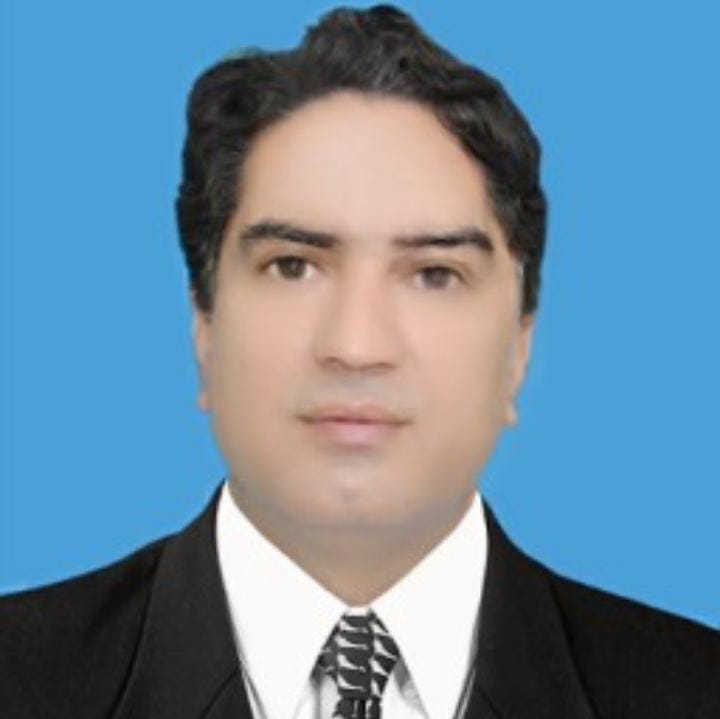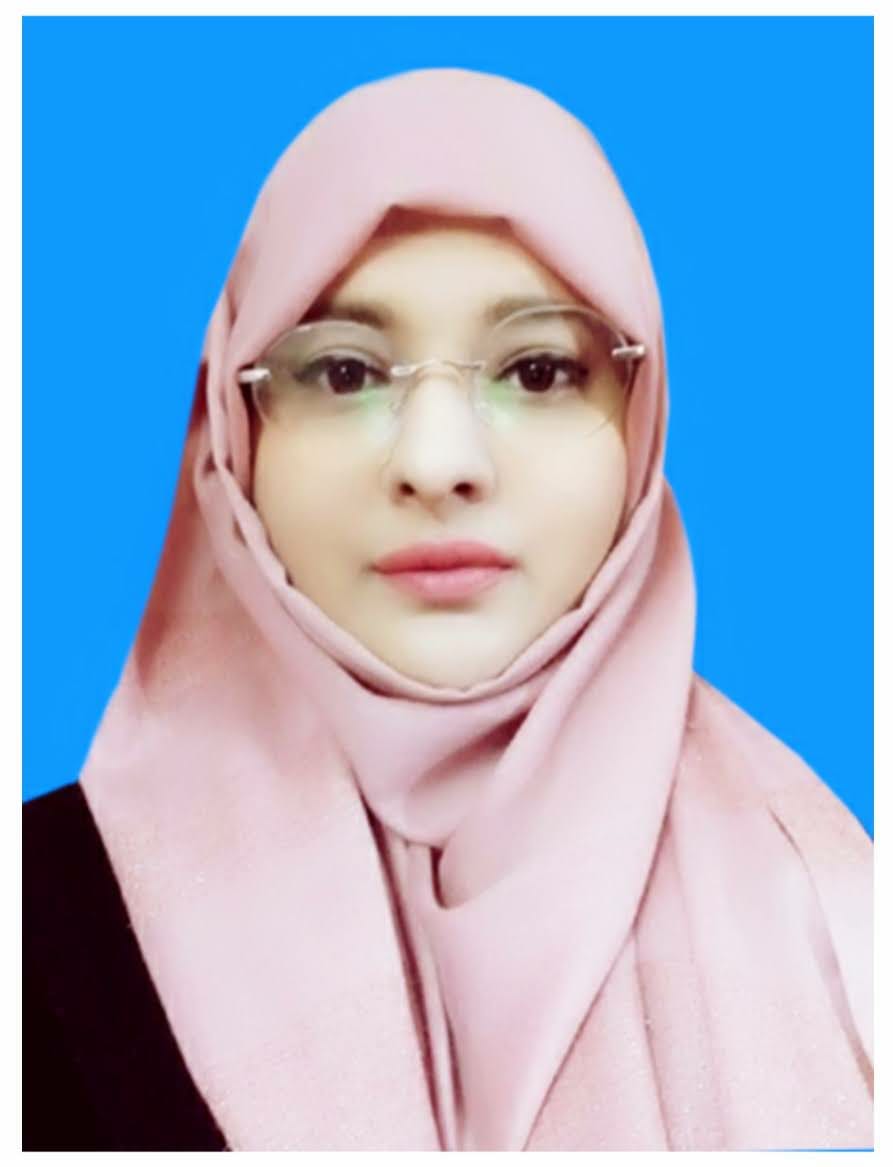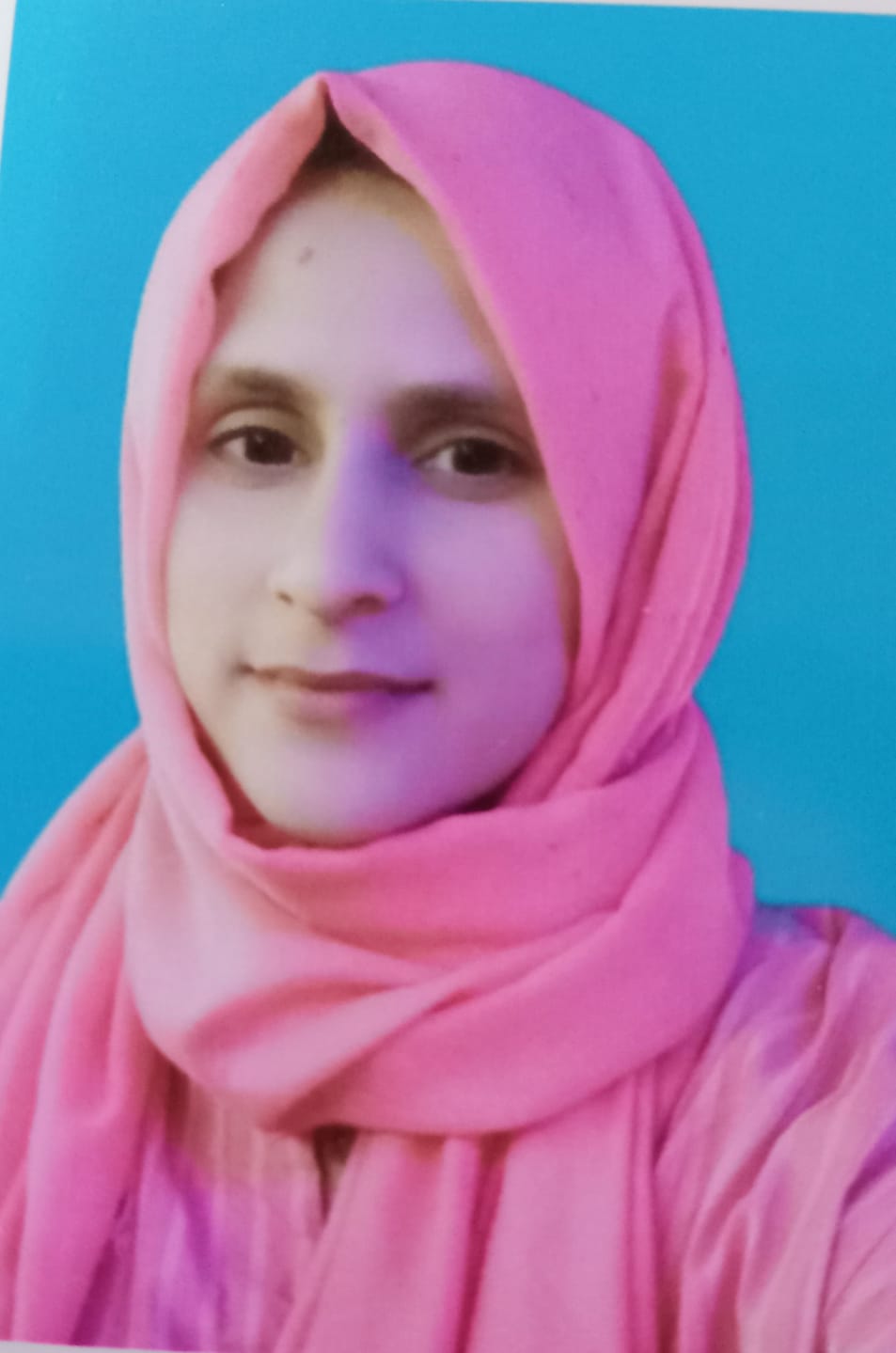- Apply Now
- About Us
- Department
- Department of Computer Science
- Department of Electrical Engineering
- Department of Civil Engineering<
- Department of Management & Social Sciences
- Department of Pharmacy
- Department of Human Nutrition & Dietetics
- Department of Rehabilitation and Health Sciences
- Department of Life Sciences
- Department of Technology
- Admissions
- Rules & Policies
- Faculty
- Research
- Online Resources
- Jobs
- Downloads
- Contact Us














